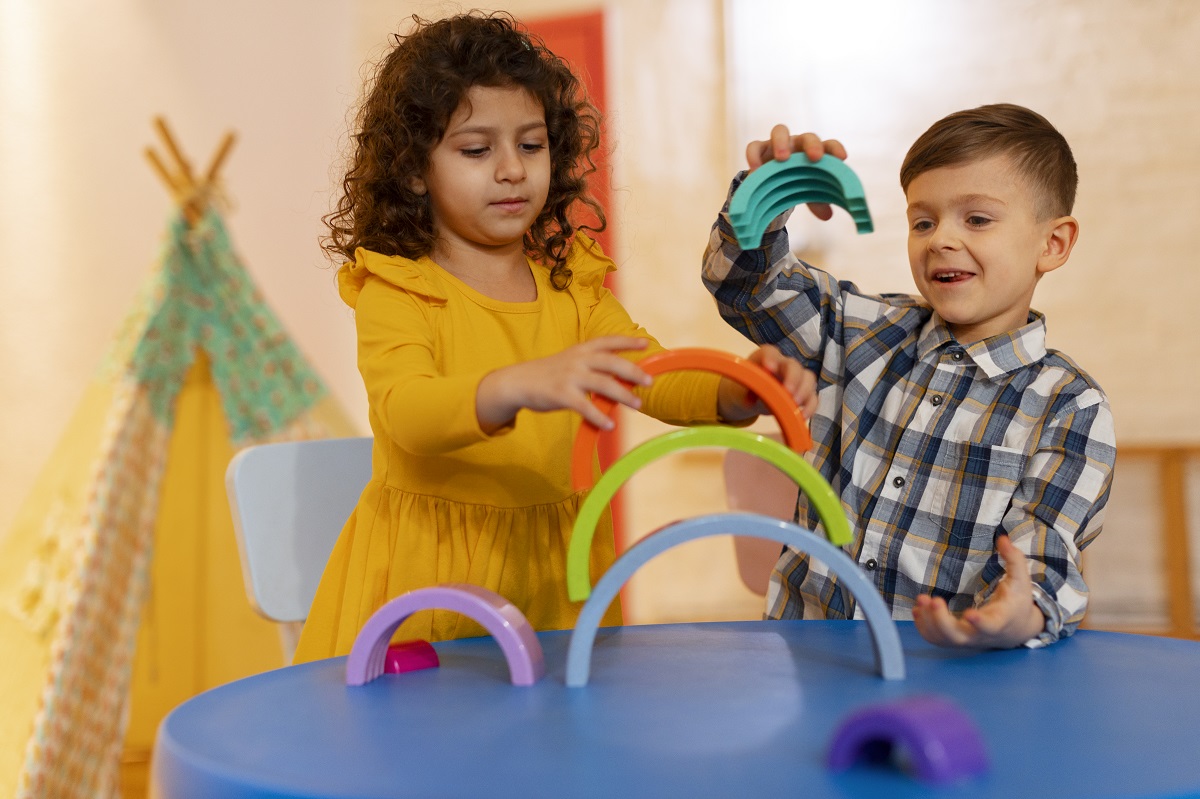
Play is a fundamental aspect of early childhood development that allows children to explore, learn, and develop important skills. It is through play that children develop a sense of curiosity and creativity, and learn how to interact with the world around them. In this blog, we will explore the importance of play in early years and how it supports children’s development.
Cognitive Development:
Play is critical in helping children develop cognitive skills such as problem-solving, critical thinking, and decision-making. When children engage in play, they have the freedom to experiment with different objects, ideas, and concepts, which helps them develop their cognitive abilities.
For instance, when a child is playing with blocks, they are learning how to problem-solve and think critically as they figure out how to balance the blocks and build structures. Similarly, when children engage in imaginative play, they develop their creativity, imagination, and storytelling skills, all of which are important for their cognitive development.
Social and Emotional Development:
Play is also crucial in helping children develop social and emotional skills, such as communication, empathy, and self-regulation. When children play together, they learn how to communicate their thoughts and ideas, negotiate, and collaborate with others. Through play, children also learn about emotions and how to express and regulate them appropriately.
For example, when children play house, they learn how to take on different roles and understand the emotions and perspectives of others. They also learn how to solve conflicts and communicate their feelings effectively, which are essential skills for their social and emotional development.
Physical Development:
Play also plays a vital role in children’s physical development. When children engage in play, they develop their gross and fine motor skills, balance, coordination, and spatial awareness.
For instance, when children play tag or engage in outdoor play, they develop their gross motor skills, balance, and coordination. Similarly, when children engage in activities such as painting, drawing, or playing with small objects, they develop their fine motor skills and hand-eye coordination.
In conclusion, play is essential for children’s development, and it is crucial to encourage and provide opportunities for play in the early years. As caregivers, parents, or educators, we can support children’s play by providing safe and stimulating environments, allowing free exploration, and encouraging imaginative and open-ended play. By supporting children’s play, we can help them develop the skills and abilities they need to thrive in life.
